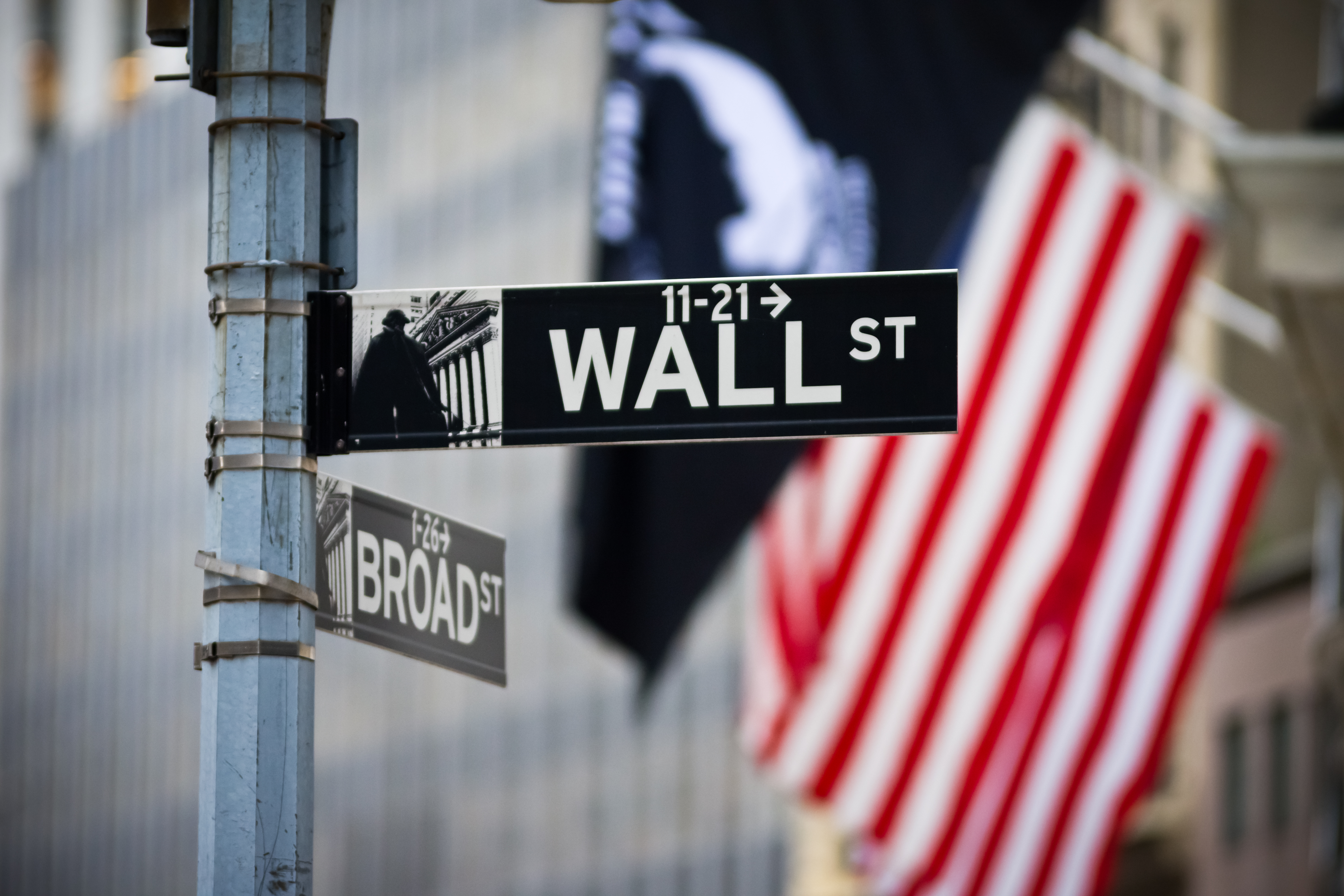An original issuer first sells stocks, bonds, and other securities in a primary market. While these securities originate from a primary issuer, most of the trading for these investment instruments usually takes place on the secondary market.

What is a secondary market?
A secondary market is where traders buy and sell securities with each other rather than trading with the initial issuer of the stock, bond, or other security on the primary market. Most investors will be buying and selling with other traders. So when most investors talk about the stock market, they are referring to the secondary market.
The New York Stock Exchange (NYSE) and the Nasdaq Stock Market are secondary market exchanges that make it easy for investors to buy and sell equities. Over-the-counter (OTC) trading also occurs on the secondary market and can be used to purchase penny stocks or stocks not listed on a major U.S. exchange. OTC secondary markets also exist for bonds and other securities.
How do secondary markets work for stocks?
When a company conducts an initial public offering (IPO), it is selling shares through a primary market. To participate in the primary offering, investors typically must meet certain requirements and have access to a brokerage that supports IPO trading.
These requirements can include having a certain amount of financial assets and purchasing a minimum number of shares. As a result, the primary market tends to favor large institutional investors.
Even on the day of a company's public stock debut, most investors will only be able to buy and sell shares on the secondary market. After the IPO, most subsequent trading also takes place on the secondary market -- with pricing that reflects supply and demand. Investors set the prices at which they are willing to buy and sell a stock.
After conducting an IPO, companies may also opt to sell new shares through follow-on offerings to raise funds. Companies may sell new stock through the primary market or in an at-the-market offering through a third-party agent on the secondary market.
Why are secondary markets important?
Without secondary markets, there would be little liquidity for stocks, bonds, and other securities. If only primary markets existed, investors could trade securities only when the initial issuer is interested in buying or selling.
Through secondary markets, stocks and other securities also are priced at levels that better reflect their value. If only primary markets existed, the market-shaping dynamics of supply and demand would be diminished -- and it would be more likely that securities would be overvalued or undervalued.
Related investing topics
An example of the secondary market in action
Rental specialist Airbnb (ABNB +1.24%) had its IPO in December 2020, with shares first being sold to investors through a primary market. After raising its expected IPO pricing range twice, the company wound up setting the price of its stock at $68 per share for investors purchasing shares on the primary market.
The initial sale of shares wound up raising $3.5 billion in cash and valued Airbnb at a market capitalization of approximately $47 billion. Investors who were able to buy at the initial offering price could have enjoyed very strong returns as soon as the stock hit the secondary market.
Thanks to high levels of investor interest and excitement surrounding the business and its growth opportunities, Airbnb stock began trading on the Nasdaq for $146 per share. After buying and selling took place throughout the trading day, the stock ended its first daily session on the secondary market at roughly $144 per share -- up about 112% from its primary listing price.
As a result of macroeconomic trends and business-specific performance, Airbnb's share price has continued to fluctuate. These factors will continue to shape demand for the stock on the secondary market, and demand will be reflected by the company's stock price.



















